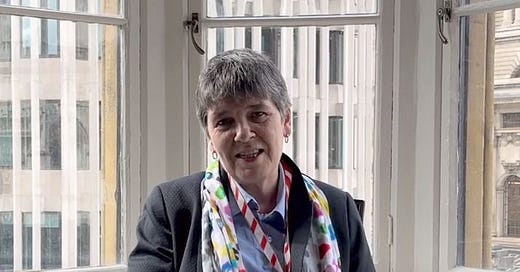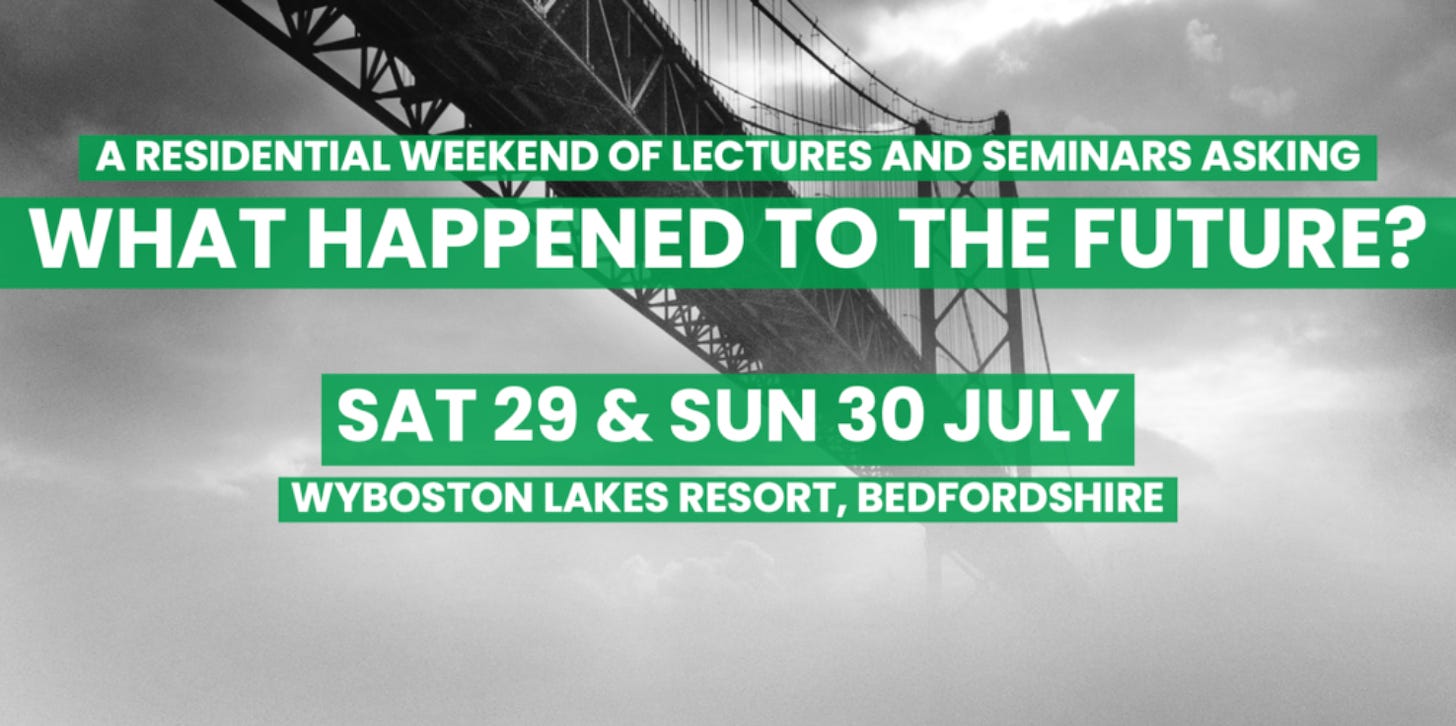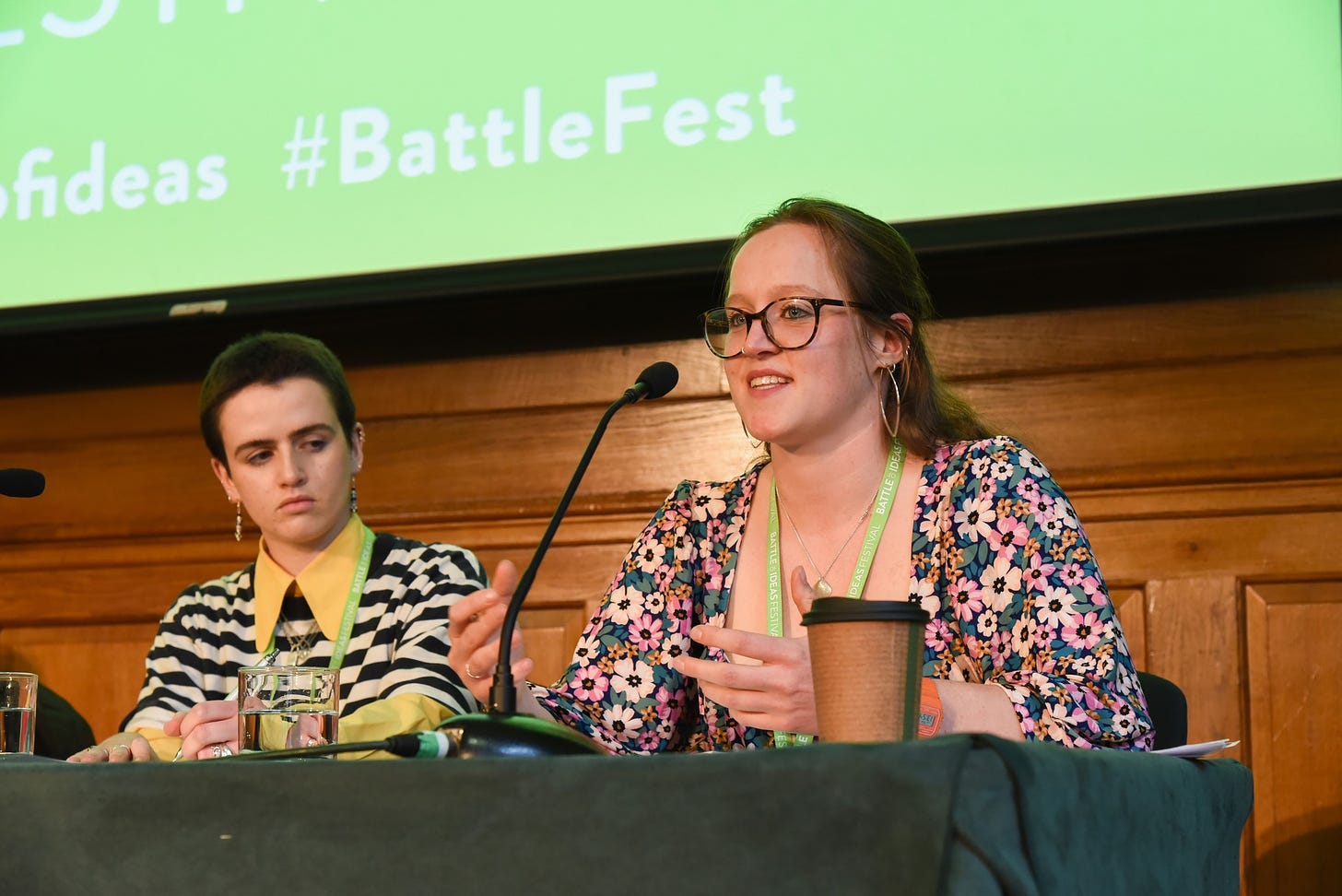Inside the Lords: selecting peers, defending encryption, and summer recess
Claire Fox reflects on the first term in the Lords and wraps up the Online Safety Bill.
This week, we started out with some controversy about the new lords, in particular those brought in by Boris Johnson. And while there’s a lot to criticise about the way lords are selected, there’s a certain self-righteousness to the older members criticising those of us added more recently. Charlotte Owen, for one, has been on the end of some quite petty and sexist criticism that she doesn’t deserve. If you’re going to criticise the selection process, at least be consistent and apply it to everyone given a seat by prime ministers of all parties over the years.
On this occasion, I was a supporter for Shaun Bailey, a long-time friend of the Academy of Ideas. Irrespective of any political differences we have, it was nice to experience the ceremony, as I was brought in during Covid, when it was pared down.
At last, the Lords finished with the Illegal Migration Bill. But there was still no recognition that the small boats are carrying anyone but refugees from war-torn countries. In my opinion, mislabelling people utterly disparages the purpose of asylum. How are we ever going to reach any serious conclusions on our responsibilities to those who need asylum if we can’t be honest about the situation as it stands? We can be compassionate and face the facts at the same time, but that seems like a foreign concept on this issue.
We rounded off the Online Safety Bill, and no good news there I’m afraid. I tried again to point out the problems with the way encryption on apps like WhatsApp and Signal is under threat by the legislation. We can all agree that child pornography shouldn’t be shared online, but just like we don’t let the government put up cameras in our homes just in case they might discover child abuse, there is absolutely no justification for breaking encryption and gaining access to all of our private messages.
It seems that the Nigel Farage banking scandal has the potential to wake more people up to the problems with the Bill, which outsources the question of what speech is permissible to private companies, but by then it will be too late. I will say that at least there was a bit more acknowledgement this week of free speech as a fundamental value and the threats posed to it in the Online Safety Bill. While this will not stop the Bill, it is good to know that our efforts have done some good.
This was the last session in the Lords before the summer recess, and when we return in September we will be discussing the Levelling Up Bill in more detail. It’s too bad that a project that started as a real effort to bring up living standards in the North, has turned in to a bunch of environmental waffle. In any case, I will continue to argue for more housing, and it has been heartening to see Michael Gove agreeing with me on this one. Overall, I think it’s been a good first term, and I’m looking forward to getting back into it on the sixth of September.
While there’s no more Lords, real politics starts here. This weekend, 29 & 30 July, I am going to The Academy, the Ideas Matter residential summer school, which will be all about the future. Presentism saturates so much of our current politics, and I’m excited to get stuck into looking forwards for once. There are still a few tickets left, so grab yours, and join me! It’s always a great time with thoughtful lectures, brilliant food and plenty of time to socialise.
Grab your last-minute ticket for the Academy here.
Support the Academy of Ideas
You can support the work of the Academy of Ideas by becoming a paid subscriber to our Substack. You’ll get all the news on our events and commentary from the Academy team and beyond. Plus, paid subscribers will get discounts on our events and free print copies of our Letters on Liberty.
Online Safety Bill
Here are my speeches and questions on the Online Safety Bill, on everything from Ofcom powers to media literacy and misinformation units to Big Tech filters.
I worry when the government sneaks in late amendments, such as one giving Ofcom power to remotely access online services/equipment/data. Not even as a last resort - yikes. Surely a threat to privacy and likely to damage SMEs/start-ups and innovation:
More positively, I was happy to have more transparency in regard to things like algorithms. Many of us who are gender critical are de-boosted/shadow-banned for asserting sex-based rights. We want to see under the bonnet on decisions like that.
When it comes to dealing with misinformation, it’s all very well saying the solution to ‘untruths’ is media literacy, fact-checkers and knowing the provenance of information. But I am not convinced this is satisfactory:
There was impeccable provenance of those who dismissed, for example, the Wuhan lab leak as misinformation, only to discover that top scientists had bent the truth.
I tried to challenge the minister on giving the secretary of state powers to require Ofcom to say what it's doing when it comes to misinformation in special circumstances like public-health pandemics. In my opinion, this is just more law justifying future pressure on Big Tech to censor:
And then on to the government’s Counter Disinformation Unit. As the minister demands transparency from Big Tech, I asked if we could have transparency on their behind the scenes monitoring of online content that they don't approve of. Dubbing it misinformation is an excuse for censorship:
And at last, other Lords highlighted the threat of the Online Safety Bill to free speech. Demands on Big Tech to remove illegal content will lead to risk-averse removal of all sorts of content. My own amendment attempts to also ensure user-empowerment filtering:
For example, many people (me included) don't want to encounter racist or sexist abuse. But attempting to censor it is fraught with danger - for example, if Big-Tech filters assume users are over-sensitive, or if they adopt ideological readings of (for example) racist abuse.
Then, another day of Online Safety Bill discussions, where I began by stating the need for ongoing scrutiny of Ofcom's role as the most powerful regulator in Europe - to ensure (a) no unintended consequences and (b) to monitor its inevitable, devastating impact on free speech:
Later, I attempted to defend encryption and our privacy. The Online Safety Bill gives Ofcom powers to demand that all our private messages are scanned, in the name of child protection:
I then asked a quick follow-up question to see if the government dare defy all scientific evidence that shows how the demand for scanning won't break encryption?
And finished by expressing my wariness of Labour's proposal for an Advocacy Body for Children in the Bill:
Won't this just be another quango, with adults gaining power by claiming to speak on behalf of the young? And how does it avoid, like so many so-called children's-rights organisations (perhaps NSPCC, definitely Mermaids) being captured in the gender ideology row?
Battle of Ideas festival 2023
We’ll be taking a break from Inside the Lords until we reconvene in September. But just because the Lords are going on holiday, doesn’t mean I am. There is still plenty to be done for the Battle of Ideas festival, so while my fellow lords head off to warmer climates, I’ll be back in the office putting together the programme for this year’s festival. And I wouldn’t have it any other way. It will take place on Saturday 28 and Sunday 29 October, and early-bird tickets are now on sale! Buy them here.






